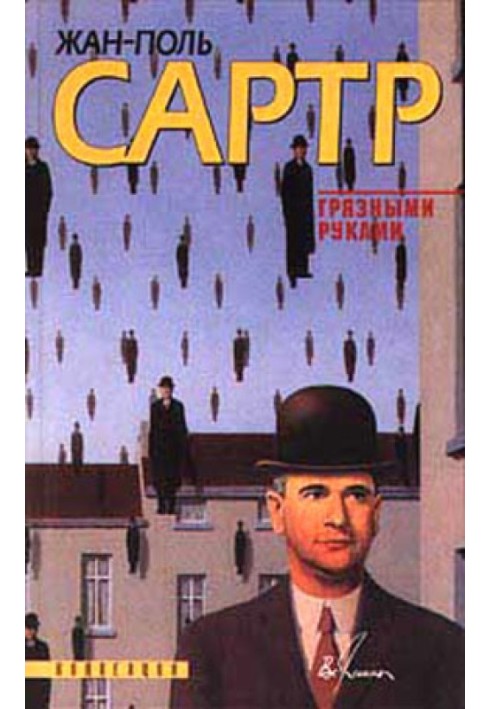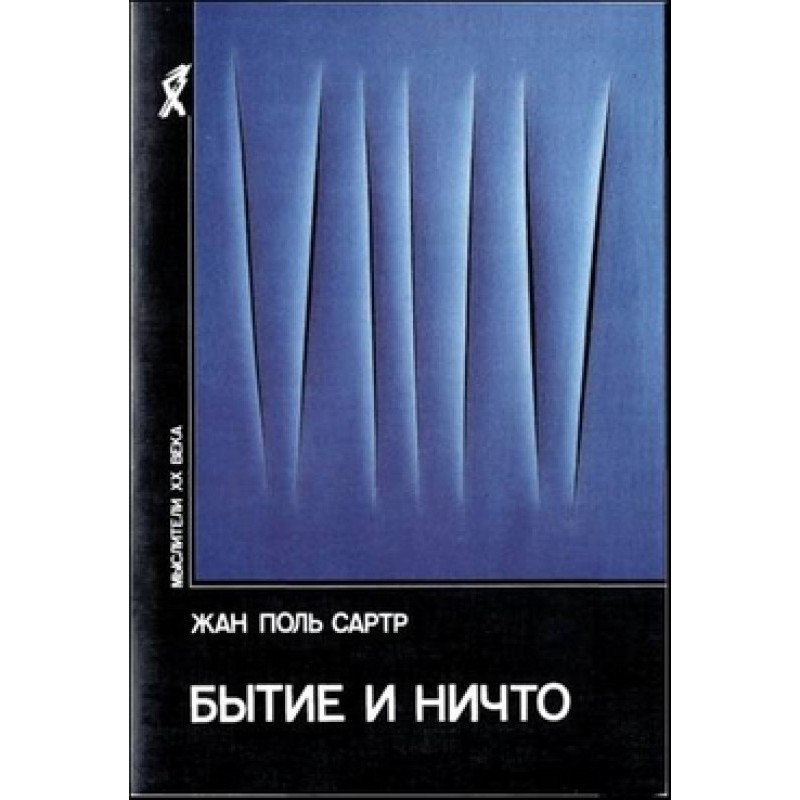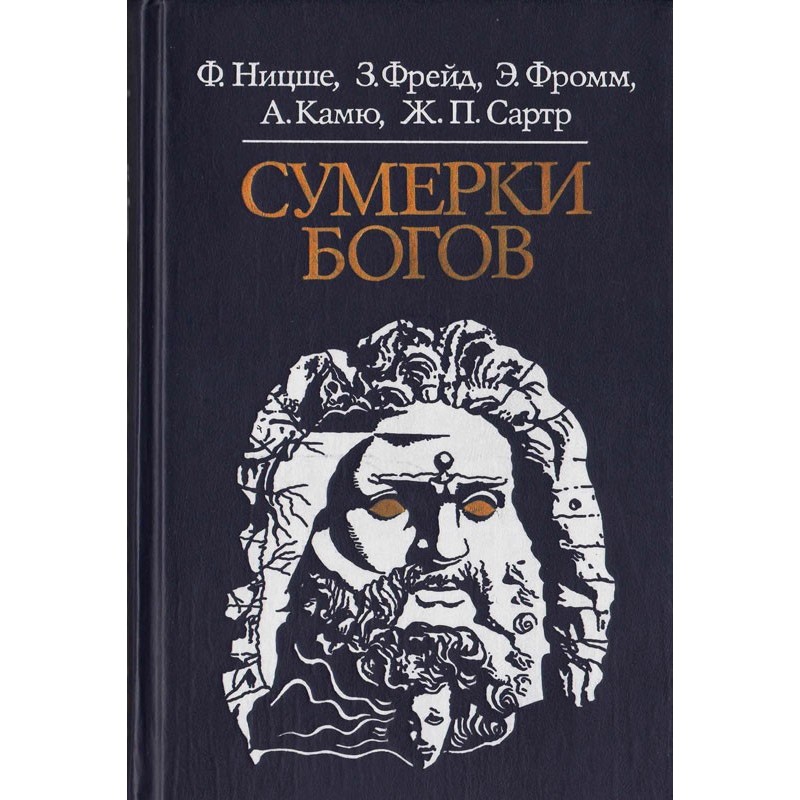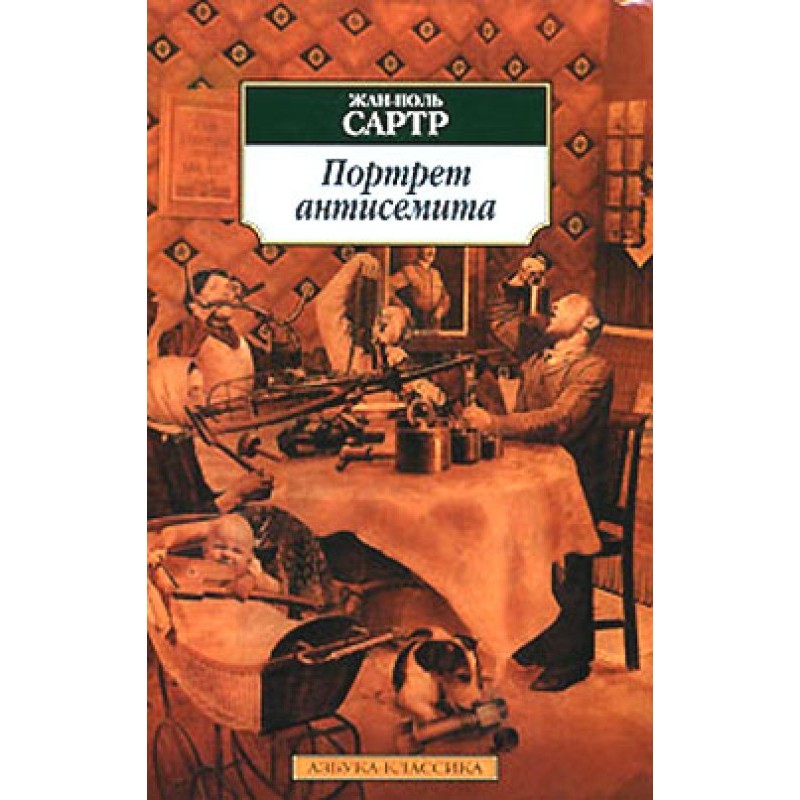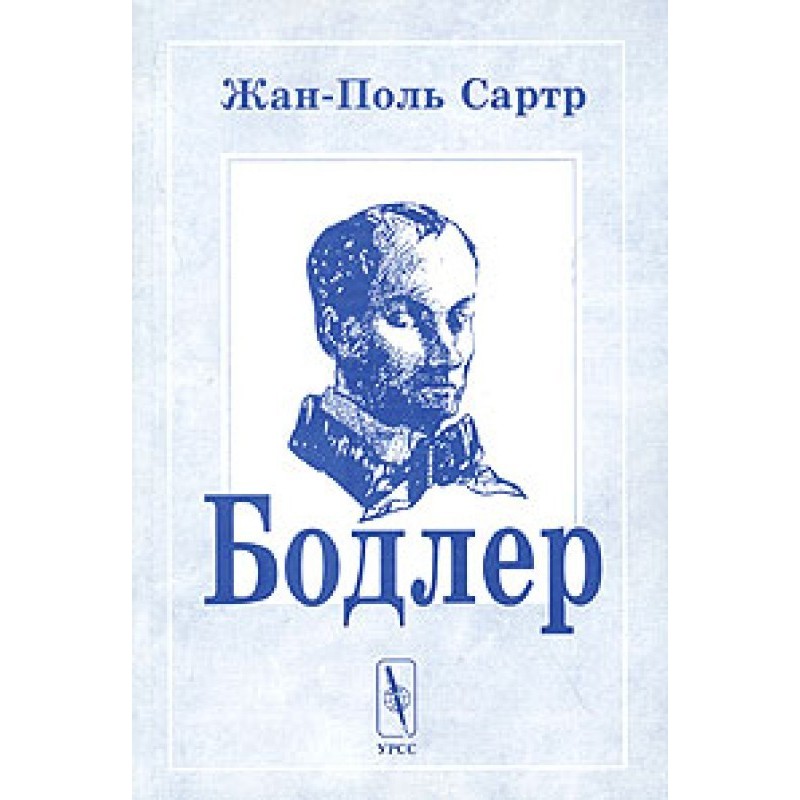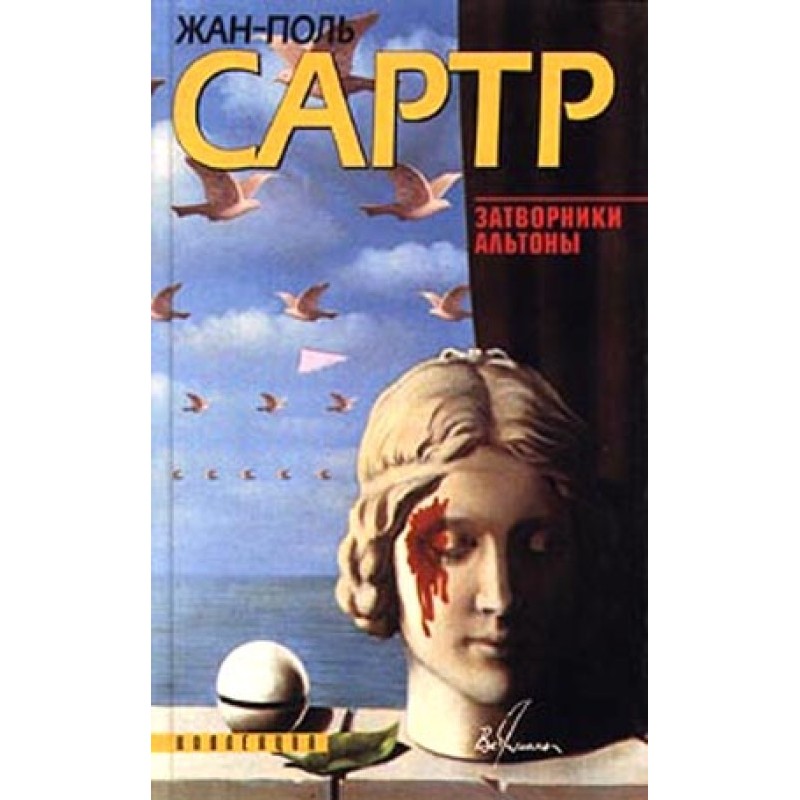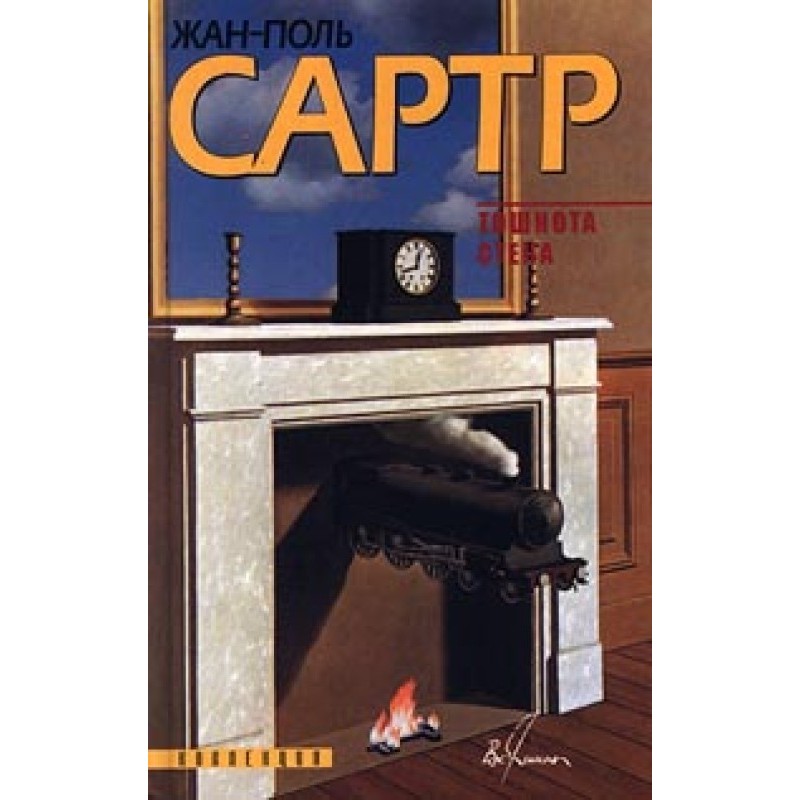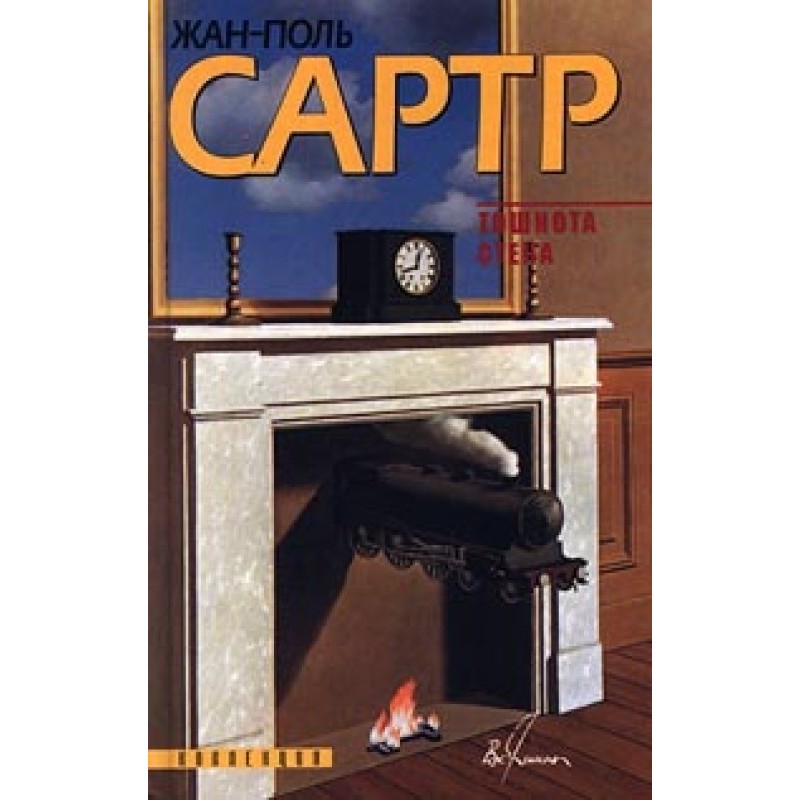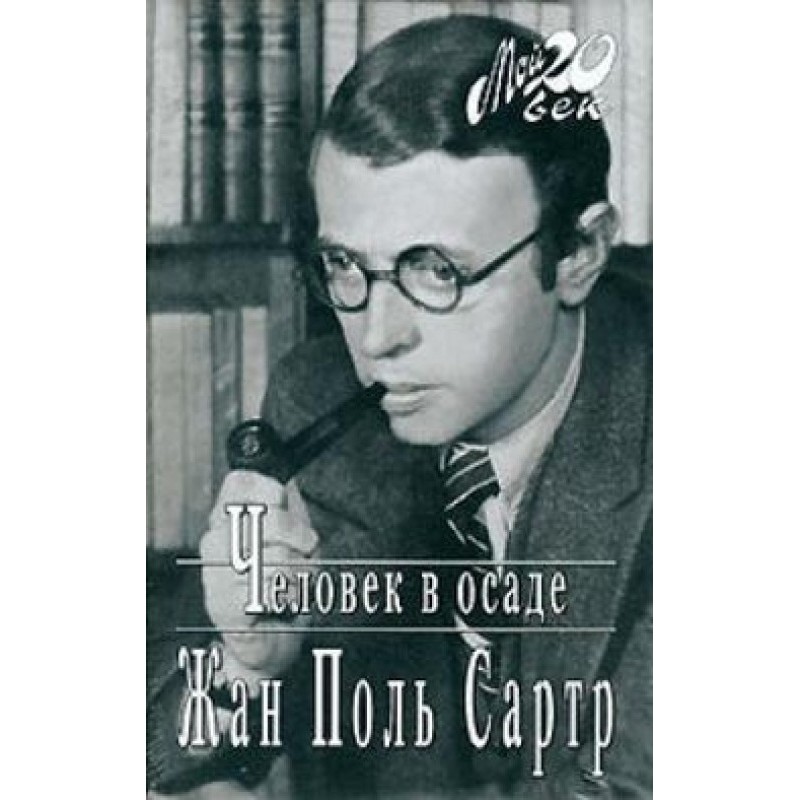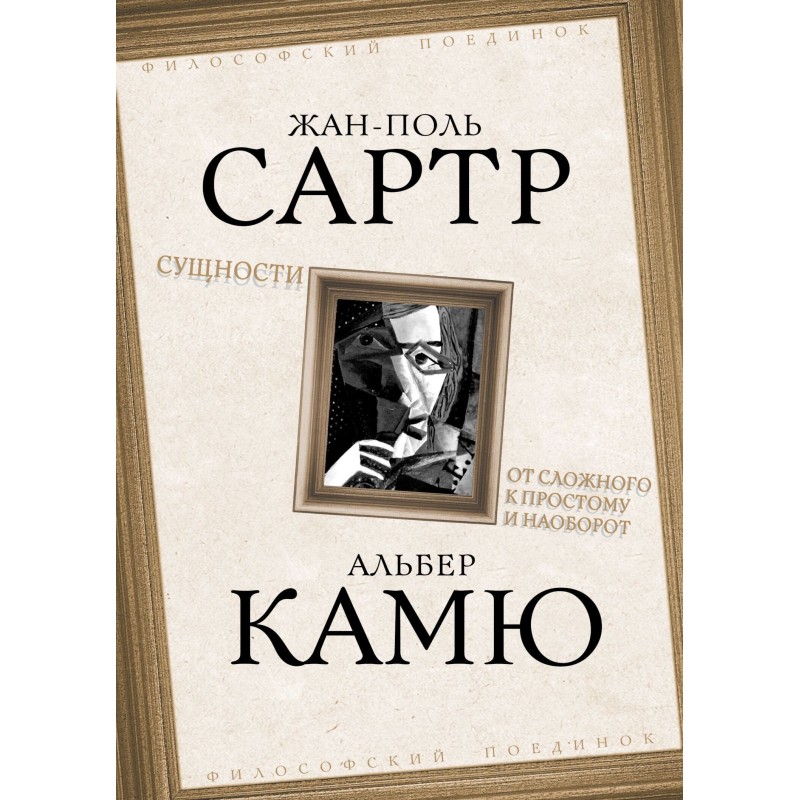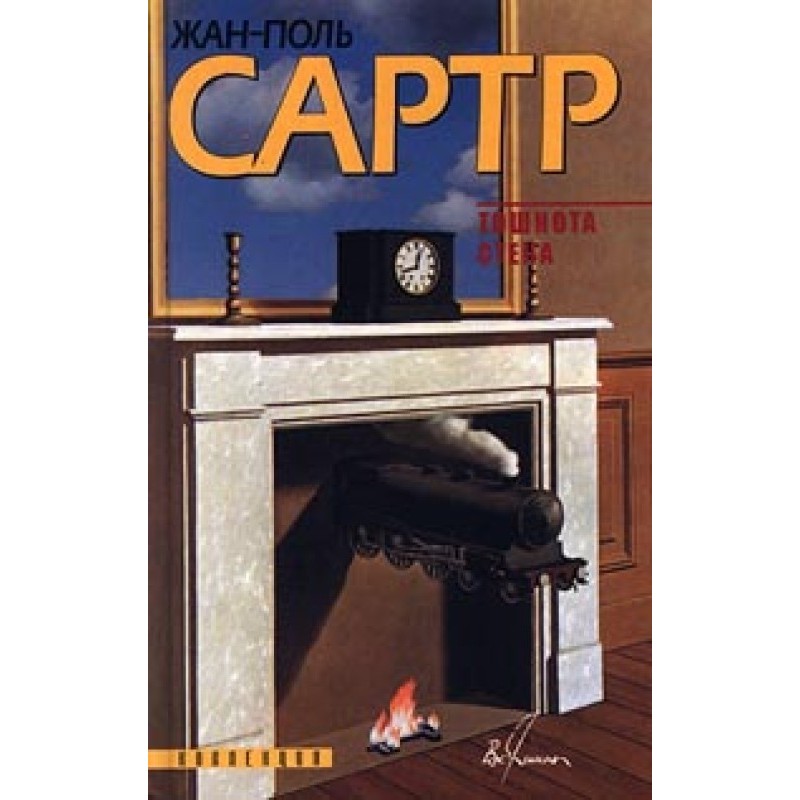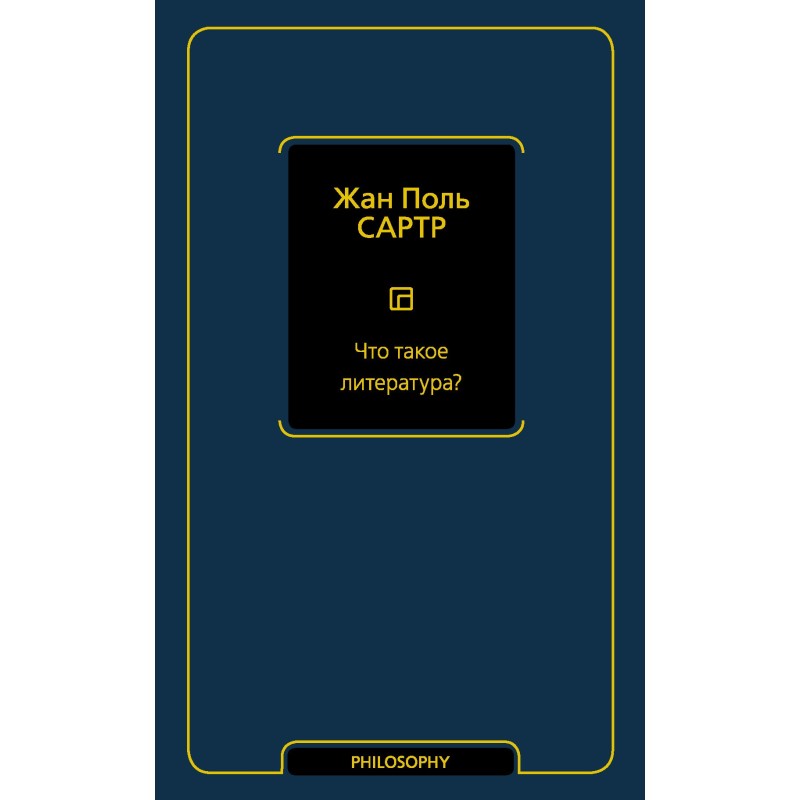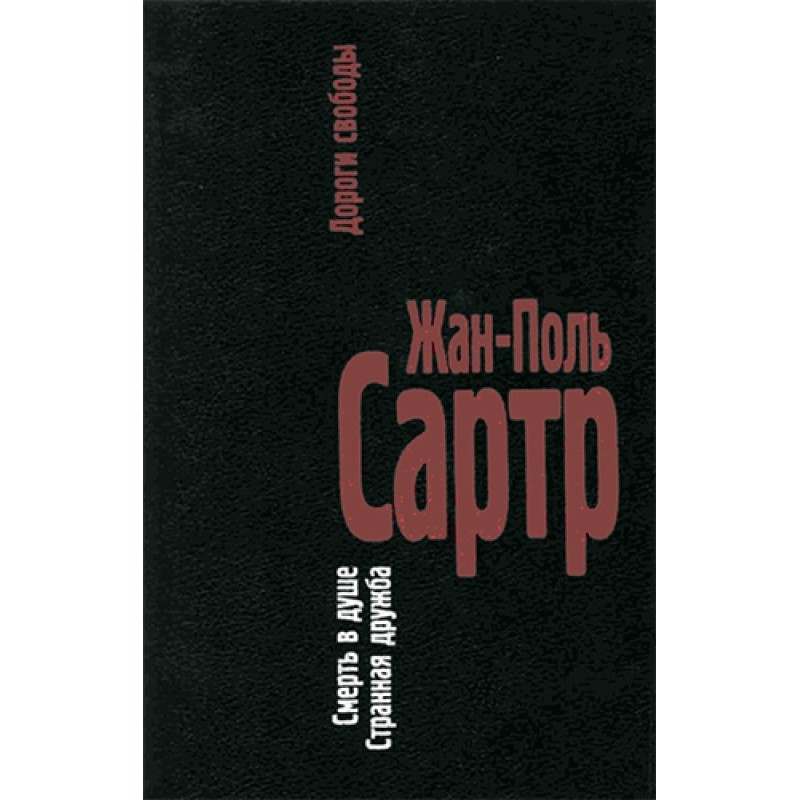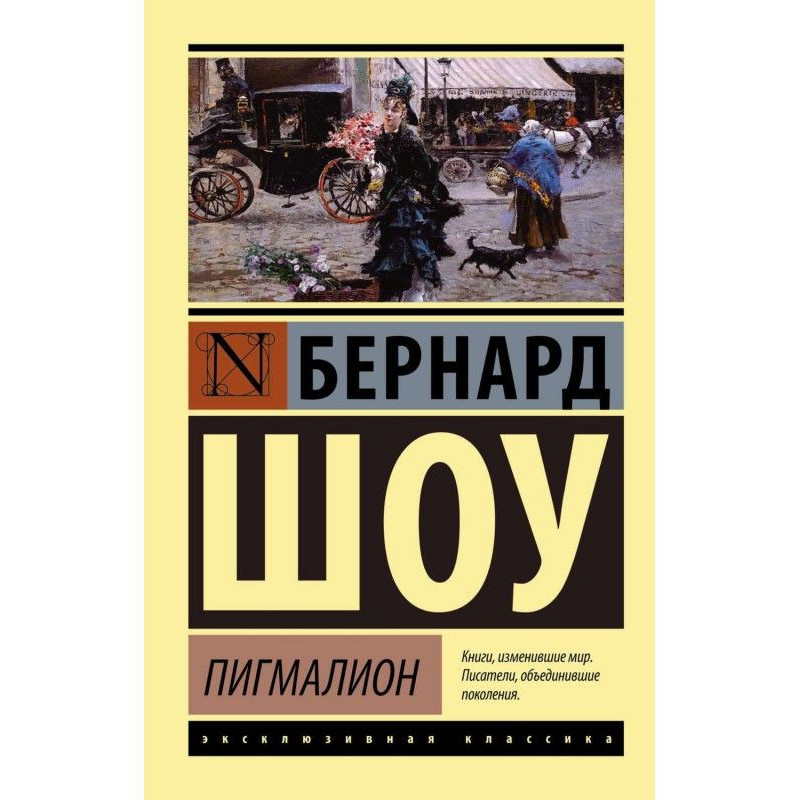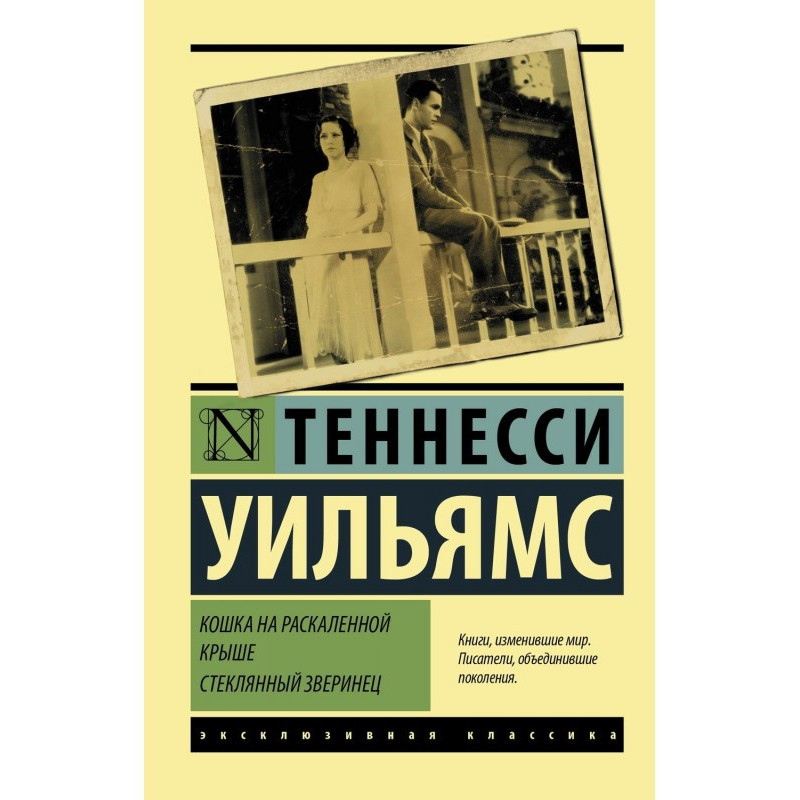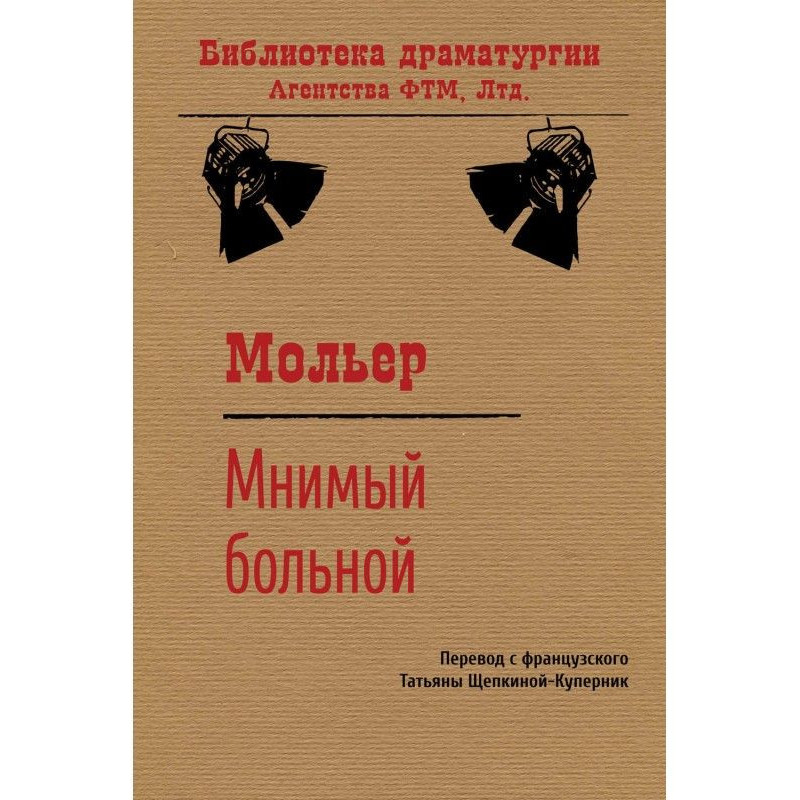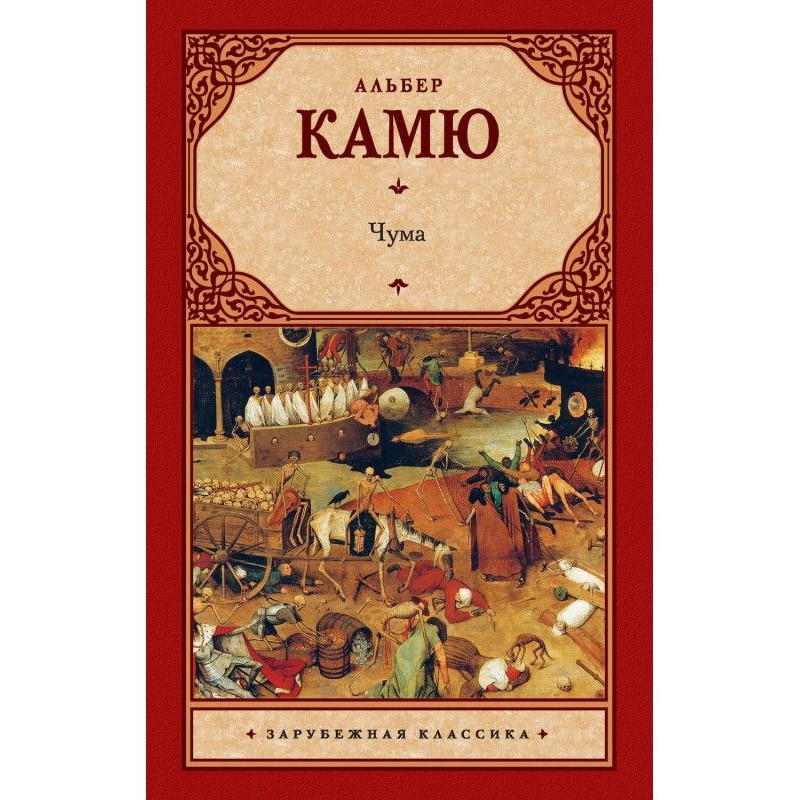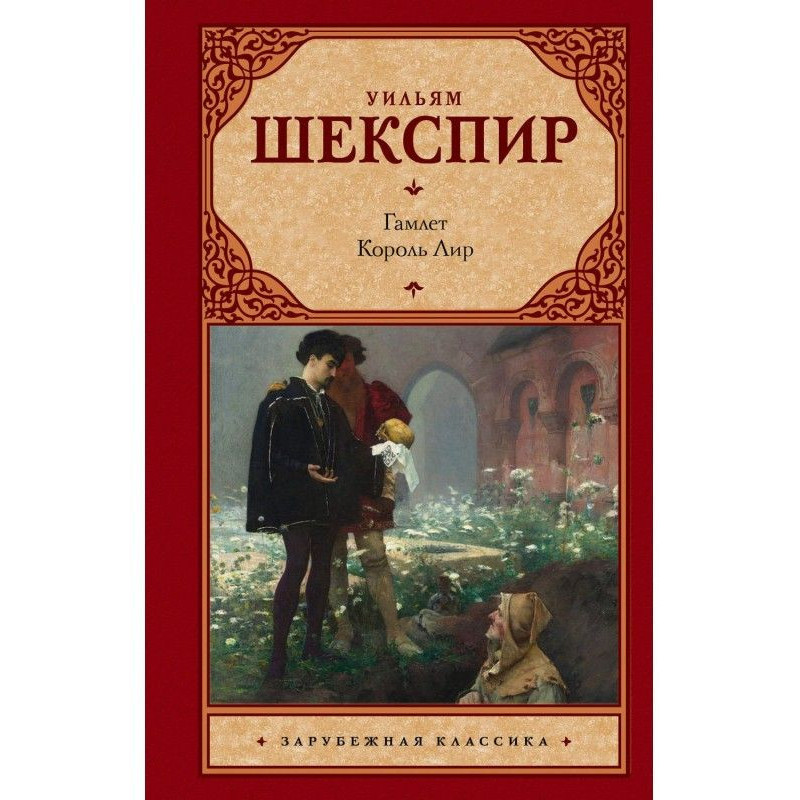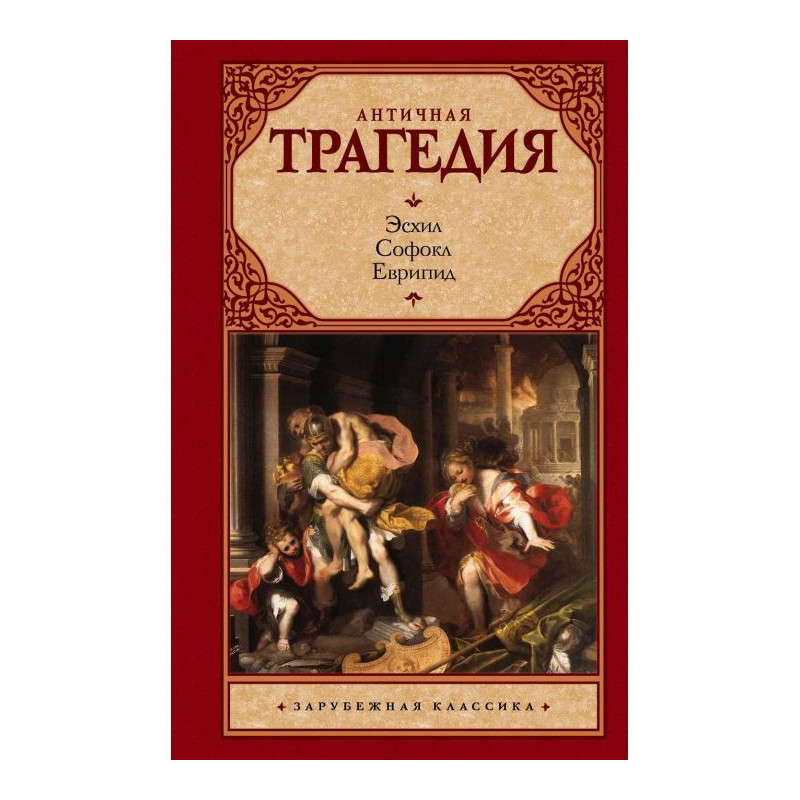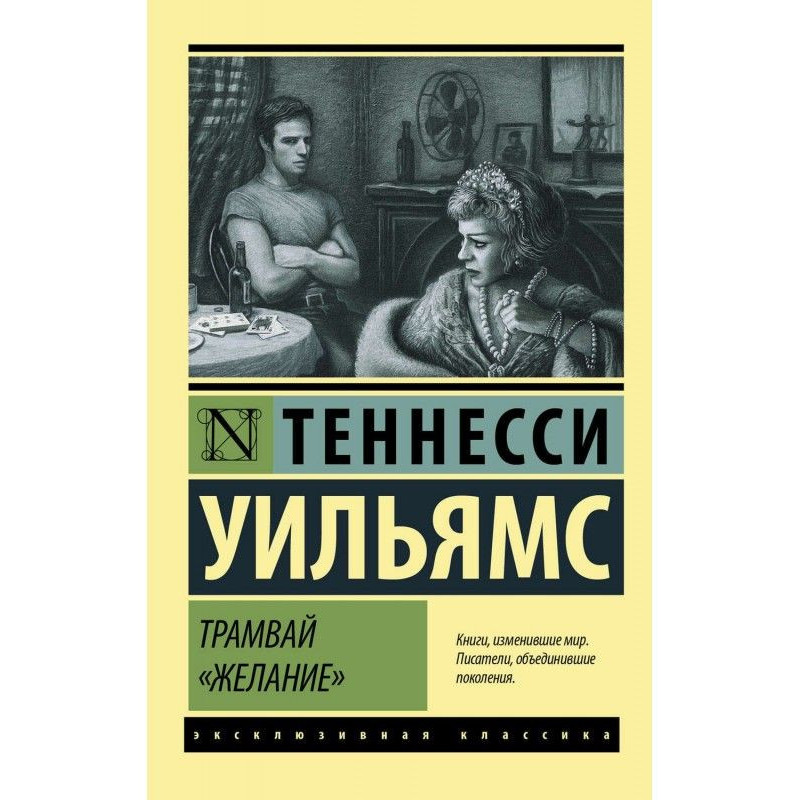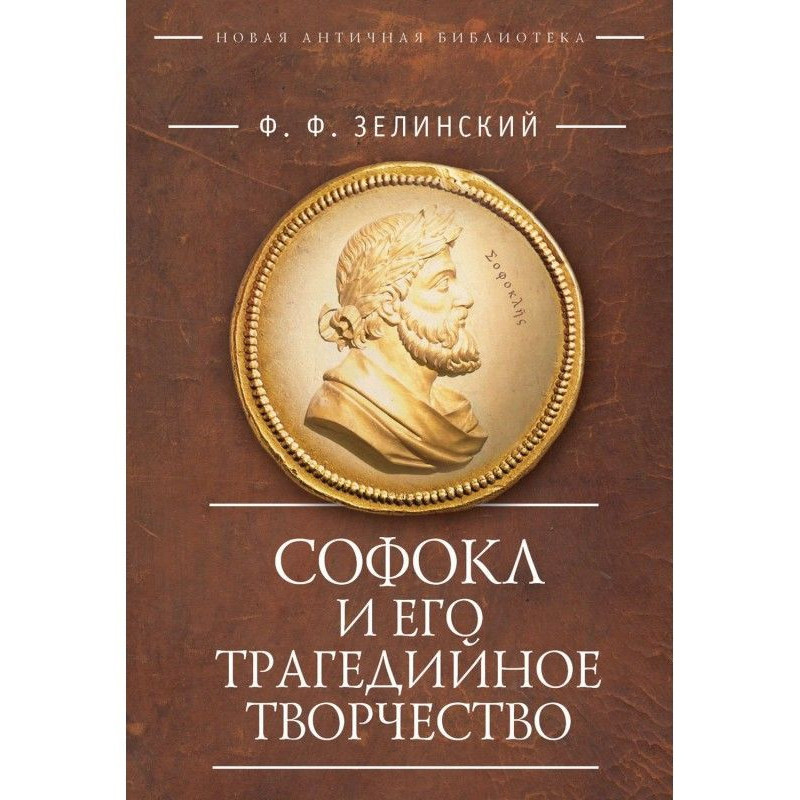The Devil and God
 Instant download
Instant download
after payment (24/7)
 Wide range of formats
Wide range of formats
(for all gadgets)
 Full book
Full book
(including for Apple and Android)
Mercenary knights and forest hermits. Rebellious urban common people, a peasantry steeped in superstition. Farmers and whores in the traveling convoy. Churchmen of all stripes and ranks - spiritual princes, wandering monks, beggar shepherds of the poor, self-proclaimed prophets. Germany of the 16th century, devastated by the peasant war, where everyone took up arms against everyone. Cities into archbishops, peasants into lords, castle owners into neighbors, brother into brother. And the fiend of this war, the famous Götz von Berlichingen, also looks like the heavenly father - the Lord God himself. And yet the play does not even want to pretend to be historical, it does not restore the past, but simply rents costumes from his wardrobe. Sober arguments and blasphemous blasphemies thrown from the stage into the hall sound like an outright anachronism: sometimes a echo of Pascal and Dostoevsky, sometimes dull echoes of the thoughts of Campanella or Gandhi, something vaguely reminiscent of Marxism, but this is straight from Nietzsche: “God is dead” . There is only one thing clearly missing in this intellectual Babylon - scholastic theology and German heresies, Münzer and Luther, in short - the Germany of that time. And Goetz himself does not have his famous iron hand - it seems, one of the first prosthetics in world history. “The Devil and God” is not an episode from the feudal unrest and popular revolts of the late Middle Ages, but the parable of Goetz the Blasphemer, a newly dramatized myth of the 20th century. Staged in 1951 by Louis Jouvet at the Antoine Theater with Pierre Brasseur, Jean Vilar, Maria Cazares and Marie Olivier in the lead roles, “The Devil and God” is far from the most harmonious, laconic, and not the most scenic of Sartre’s plays. But, having arisen at a turning point in the development of his thought, it is undoubtedly key for him. Here an attempt was made to cut the knot tied almost ten years ago in “Flies”; here a thread was found, holding on to which Sartre had to move on.
S. Velikovsky. The Path of Sartre the Playwright
Data sheet
- Name of the Author
- Жан-Поль Сартр
- Language
- Ukrainian
- Release date
- 1999
- Translator
- Георгий Самсонович Брейтбурд

